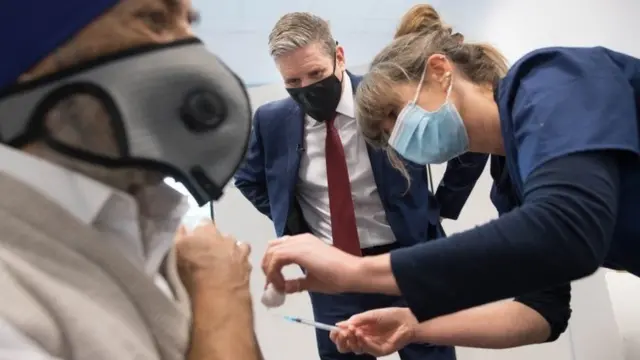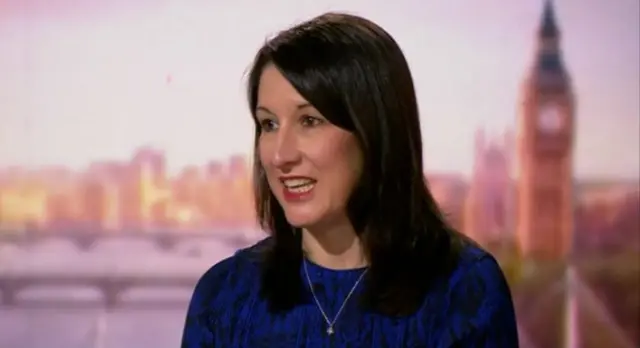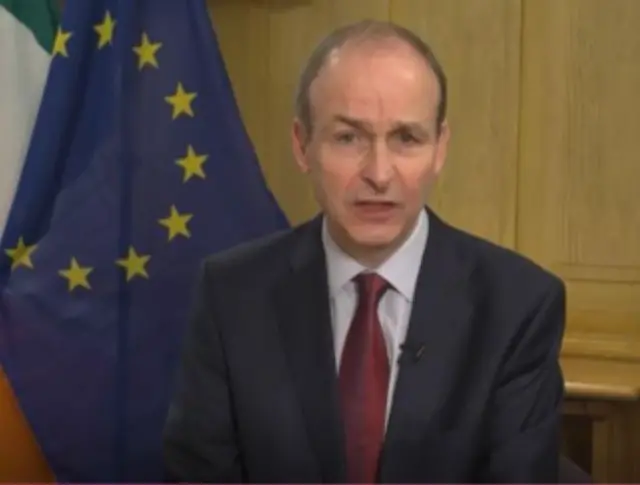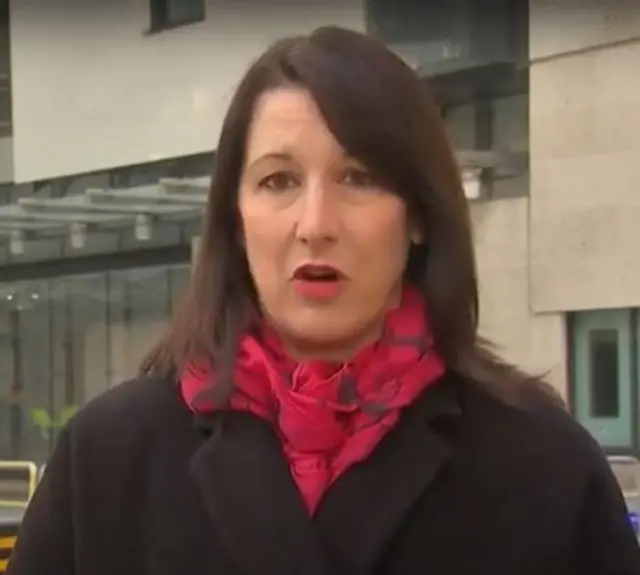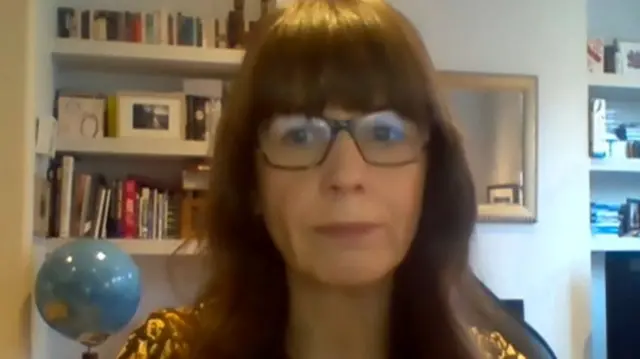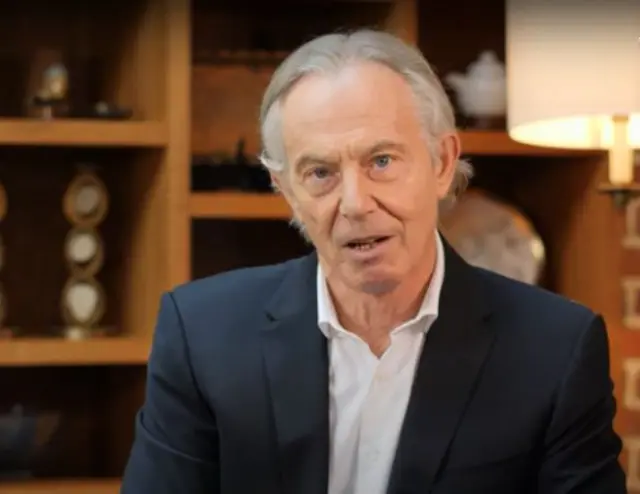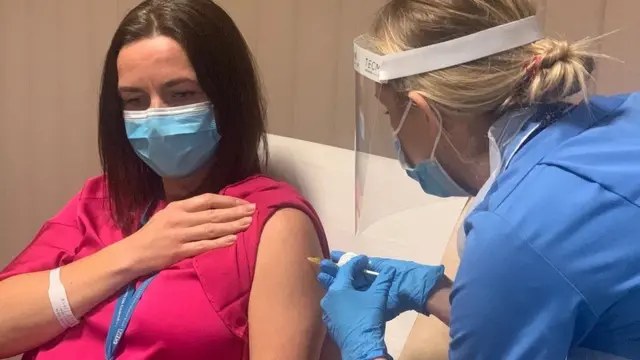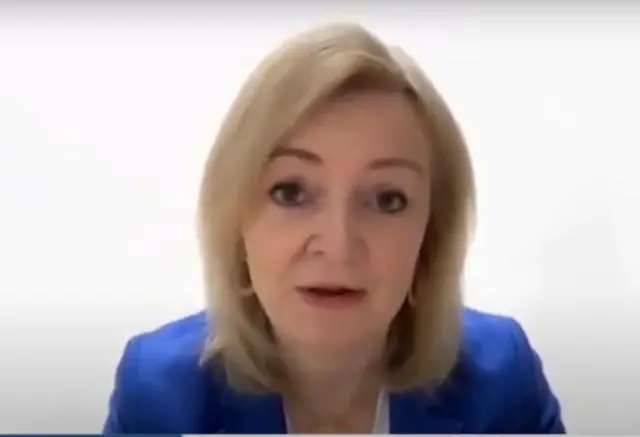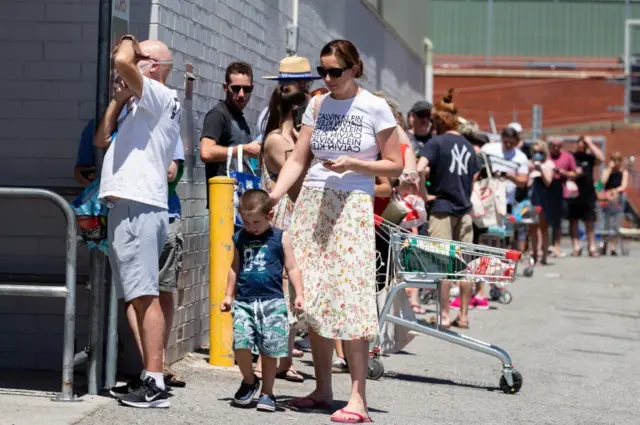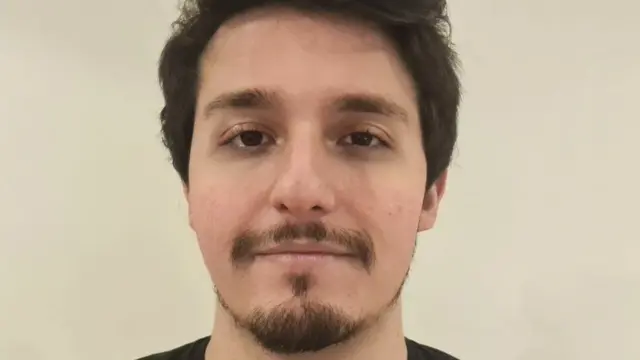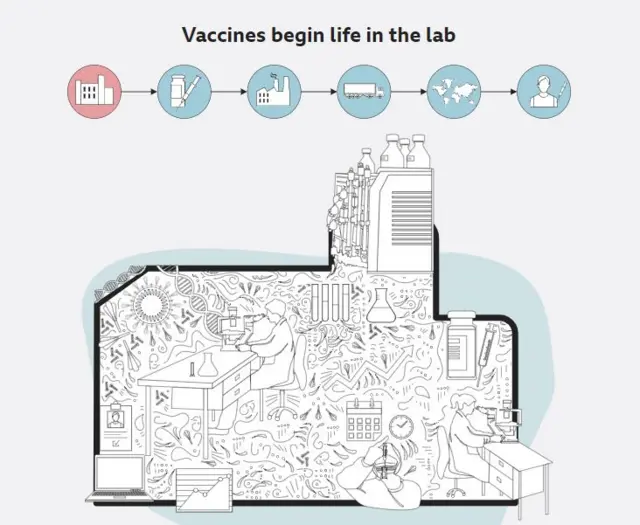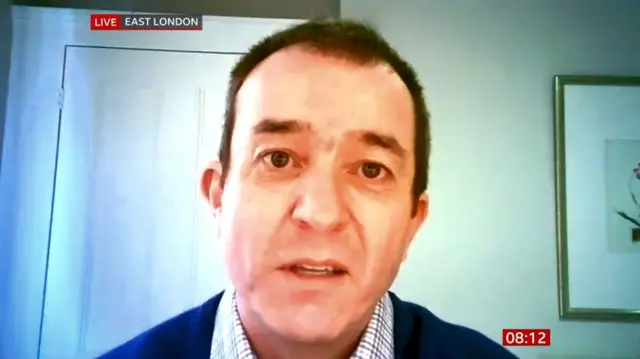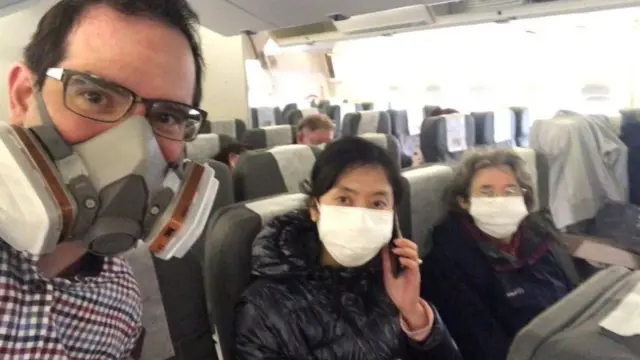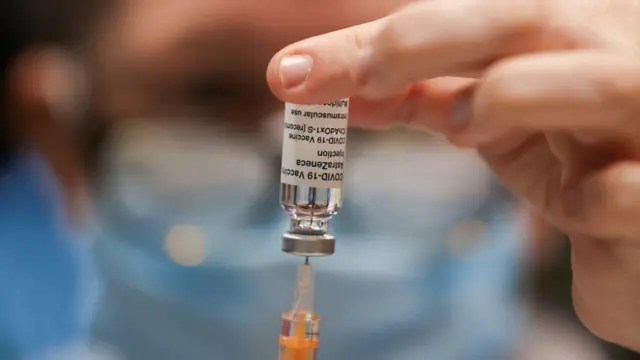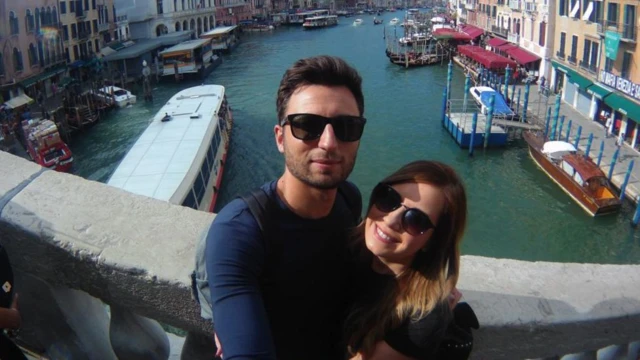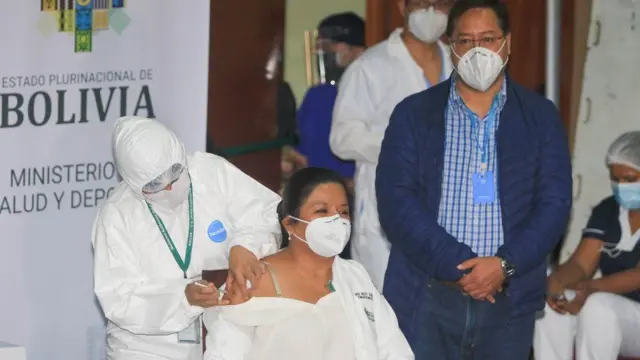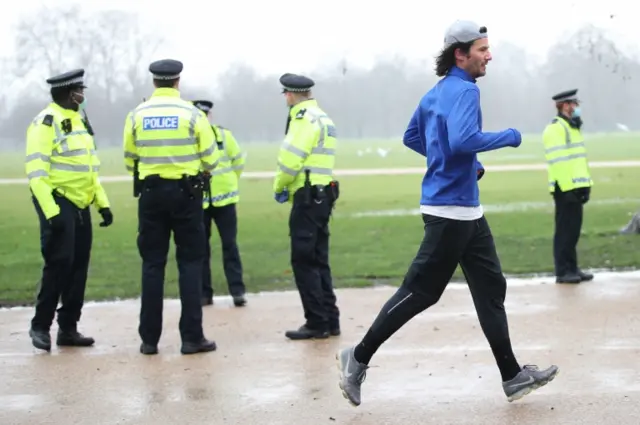Covid 'a global problem that needs global solutions'published at 10:18 GMT 31 January 2021
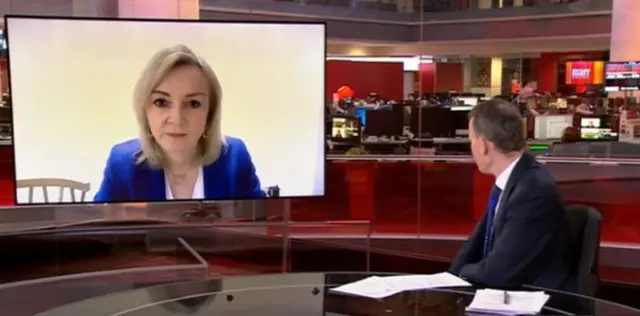
"Vaccine protectionism is fundamentally problematic", the UK international trade secretary says.
Liz Truss told the BBC's Andrew Marr: "This is a global problem that needs global solutions and what we want to do is help other countries, including the developing world get the vaccines they need to make sure the whole world is vaccinated."
Marr asks whether the EU vaccine supply shortage and its attempt to control exports of the jab could descend into a trade war.
Truss says: "I'm very pleased that the EU have said that it was a mistake to mention invoking Article 16 and potentially putting a border in Ireland.
"I'm also very pleased that we have had reassurance about our contracted supply.
"What I want to do now is work with fellow trade ministers to keep these supplies open and to move away from the idea of vaccine nationalism and protectionism which we know simply harms our global health efforts and harms our global economy."
